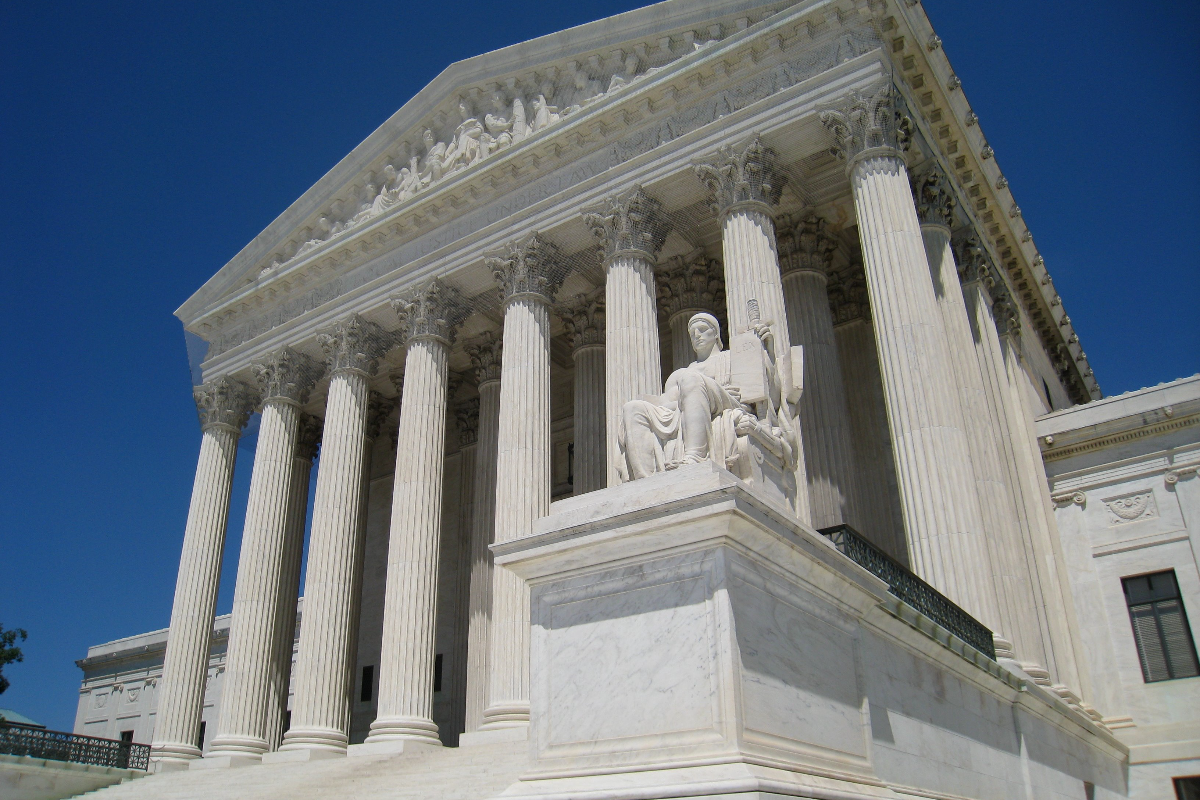
The rise of right-wing figures such as Nick Fuentes has ignited a broader debate over the concept of post-liberalism within conservative circles. This term has emerged as a key focal point, representing a shift away from traditional liberal values and prompting discussions about the implications of this change. The ongoing discourse surrounding post-liberalism encompasses a variety of ideologies, including nationalism, populism, and critiques of the existing liberal order.
Defining Post-Liberalism
Post-liberalism can be understood through two primary lenses. The first involves a rejection of the liberal consensus that has dominated since the end of the Cold War, often referred to as neoliberalism. This perspective suggests a move towards alternative political ideologies that still exist within the broader liberal framework, whether they lean left or right.
The second lens represents a more radical departure from the liberal order altogether. This approach draws inspiration from historical critics of liberalism, including religious and reactionary figures, and sometimes incorporates elements of Marxist thought. Additionally, it contemplates a future that transcends traditional liberal values, envisioning a society that may be described as post-human.
These different strands of post-liberal thought share common ground in their response to a perceived crisis within liberalism. This crisis is exacerbated by rapid technological and cultural changes that have destabilized conventional political alignments. The fluidity of post-liberalism complicates its definition; thinkers often oscillate between “soft” and “hard” forms, resulting in a lack of clarity even within individual cases.
Historical Context and Contemporary Implications
The emergence of political post-liberalism can be traced back to the unexpected populist movements marked by the Brexit referendum and Donald Trump‘s victory in 2016. These events caught many intellectuals off guard and have since evolved into various forms that reflect the unstable political landscape.
One notable manifestation of post-liberalism is the cultural climate that arose between 2020 and 2022, often referred to as “peak woke.” This variant resisted clear ideological definitions, complicating efforts to categorize it within traditional political frameworks. Another key example is the second term of Donald Trump, characterized by a specific post-liberalism that includes protectionist policies and personal controversies.
Additionally, there are managerial systems attempting to contain rising populism through illiberal means, with the recent censorship regime in the United Kingdom serving as a prominent illustration of this trend. While these systems are not wholly post-liberal, they represent contingent responses to political unrest and elite anxieties, often retrofitted with theoretical justifications after the fact.
The discourse surrounding post-liberalism continues to evolve, reflecting ongoing tensions within contemporary politics. As various factions within the right grapple with their ideological identities, the conversation around post-liberalism remains significant for understanding the future of political thought and action in a rapidly changing world.





